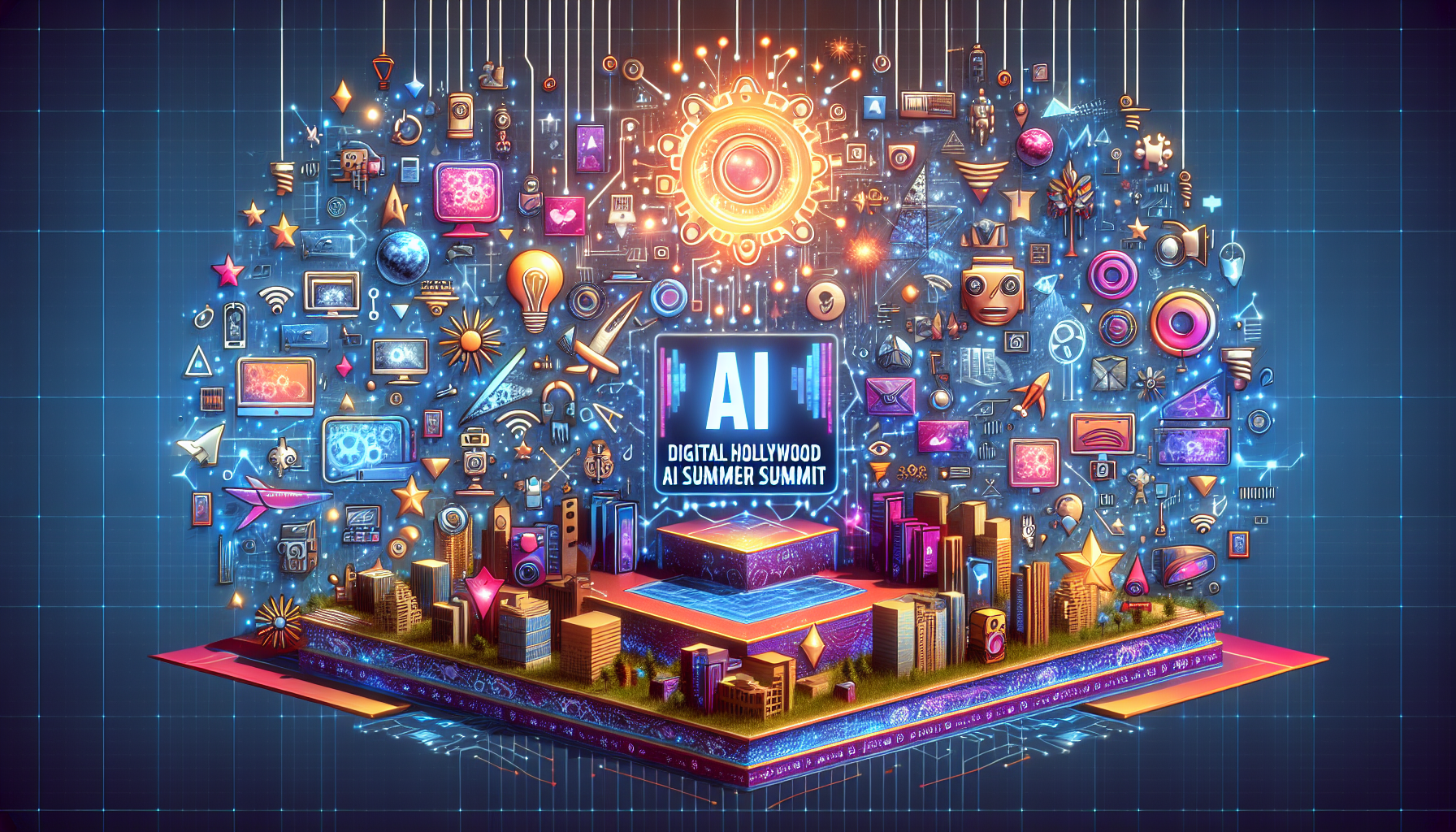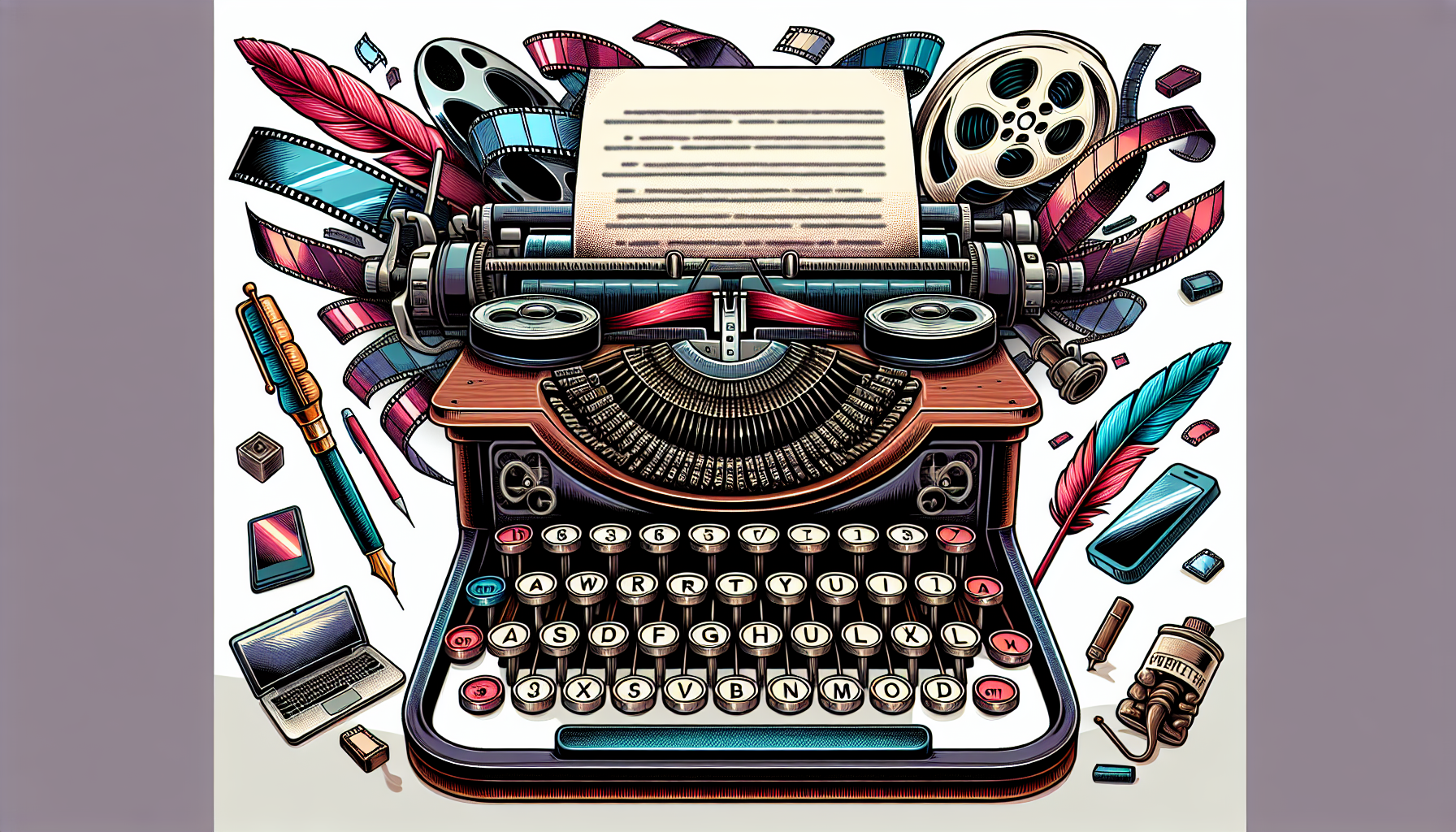Revolutionizing Screenwriting: The Power of AI in Script Analysis
The landscape of screenwriting is undergoing a remarkable transformation thanks to the advent of artificial intelligence (AI). Traditionally, script analysis has been a labor-intensive process, involving in-depth reading, understanding nuance, and evaluating plot, character development, and dialogue. However, AI is now revolutionizing this process, making it faster, more efficient, and, in many cases, more insightful. This technological shift is not merely changing the way scripts are analyzed but also empowering screenwriters to enhance their storytelling capabilities.
Understanding AI in Screenwriting
AI in screenwriting refers to the utilization of machine learning algorithms and natural language processing (NLP) technologies to dissect and understand scripts. These tools are designed to analyze vast amounts of data, identifying patterns, themes, and structures that may not be immediately apparent to human readers. This capability allows AI to provide comprehensive feedback on various elements of a script, from plot coherence and character arc consistency to emotional pacing and genre-specific conventions.
Enhancing Creativity and Precision
One of the most significant benefits of AI in script analysis is its ability to bolster both the creativity and precision of screenwriters. By uncovering deep insights and suggesting improvements, AI tools can help writers explore new narrative possibilities and refine their stories in ways previously unimaginable. Furthermore, these tools can analyze a script more quickly than a human, allowing for faster iterations and more time to focus on creative aspects of writing that AI cannot replicate.
Challenges and Ethical Considerations
While the integration of AI into script analysis brings numerous advantages, it is not without its challenges and ethical considerations. One concern is the potential for AI to perpetuate existing biases found in its training data. If not carefully managed and curated, AI could recommend story decisions that reinforce stereotypes or exclude diverse perspectives. Additionally, the reliance on AI for script analysis raises questions about the human element in storytelling, such as the potential loss of intuition and the unique touch that human screenwriters bring to their work.
Applications in the Industry
The use of AI in script analysis is finding applications across various stages of film and television production. Production companies utilize AI tools for script selection, helping them to predict market success and audience reception of certain themes or storylines. For screenwriters, AI-driven feedback can be an invaluable part of the editing process, providing actionable insights that can dramatically improve a script’s quality. Moreover, studios may use AI to match scripts with potential directors or actors who are best suited to bring the story to life.
Looking Towards the Future
The role of AI in script analysis is poised to grow, with technology becoming more sophisticated and integrated into the creative process. As AI tools evolve, they will likely become capable of offering even more nuanced feedback, further enhancing the art and science of screenwriting. Despite potential challenges, the synergy between human creativity and AI presents a frontier filled with possibilities for storytelling. Screenwriters and industry professionals who embrace this technology will find themselves at the forefront of a revolution, crafting narratives that resonate with audiences in entirely new ways.






